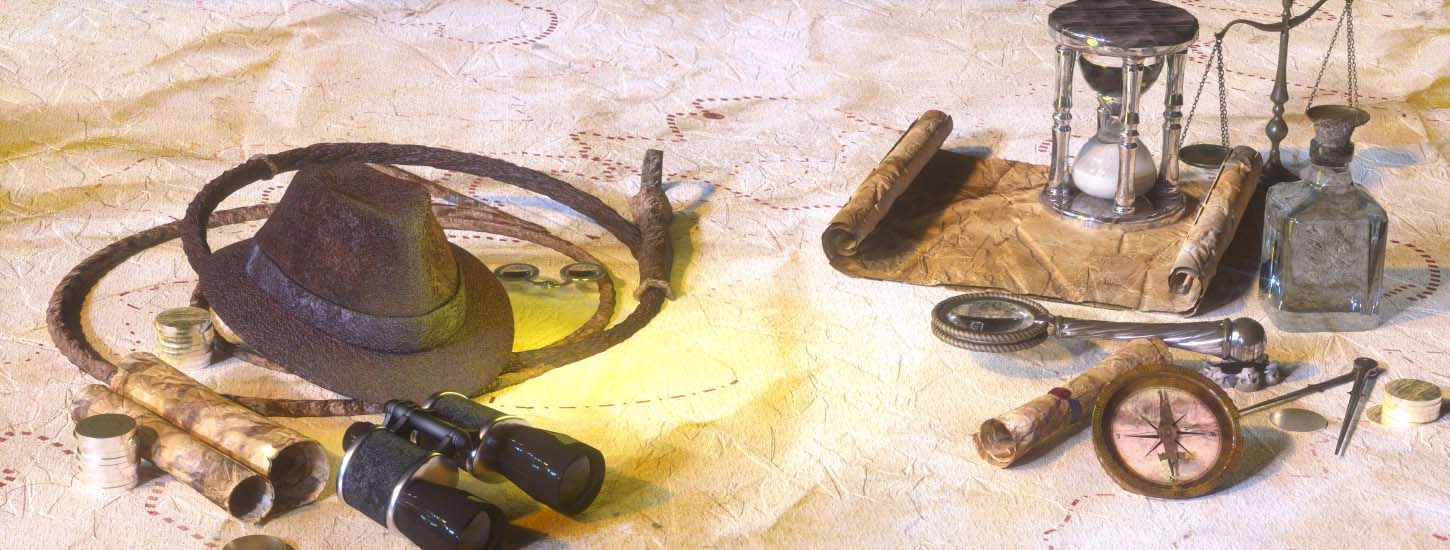“Indiana Jones and the Dial of Destiny,” is a little ridiculous and also ridiculously good summer cinema fun, even if I’m not alone in hoping this will be the final installment for the Indiana Jones film franchise. As expected, it features a string of well-choreographed in-the-nick-of-time chase sequences involving planes, trains, and automobiles, not to mention boats, motorcycles, and horses, and a plot involving Nazis and stolen antiquities. And, while Indy isn’t one to meet with his estate planning attorney before donning his signature hat and grabbing his whip, and – spoiler alert – he survives this adventure, the movie nonetheless provides an opportunity to talk about tangible personal property.
In “Dial of Destiny,” we meet Helena Shaw (played by the always-entertaining Fleabag creator Phoebe Waller-Bridge), the daughter of Indy’s friend Basil Shaw. In the years since WWII, Basil became obsessed with a relic he recovered with Indy on a German train, one-half of the Antikythera, referred to in the movie as the Dial of Destiny, which if reunited with the other half would allow the user to travel through time. Helena seeks out Indy because she believes (correctly) that he can lead her to it. Helena wants the Antikythera for pecuniary gain, Indy wants the Antikythera mostly to keep it out of the hands of the bad guys, and the Nazis want the Antikythera for reasons you’ll just have to watch the movie to find out.
Let’s not think too hard about whether the Antikythera is a stolen antiquity and pretend that Helena believes that she has a right to the Antikythera because her father once had it in his possession and because she is the heir to his estate. Does that give her a right to it? Maybe – but maybe not. The Antikythera is an item of tangible personal property, which RCW 11.12.260(4) defines as, “articles of personal or household use or ornament, for example, furniture, furnishings, automobiles, boats, airplanes, and jewelry, as well as precious metals in any tangible form, for example, bullion or coins. The term includes articles even if held for investment purposes and encompasses tangible property that is not real property. The term does not include mobile homes or intangible property, for example, money that is normal currency or normal legal tender, evidences of indebtedness, bank accounts or other monetary deposits, documents of title, or securities.”
Washington law, at RCW 11.12.260, allows a person to direct the distribution of their tangible personal property by separate “writing” from their will or revocable living trust. This writing can be updated after a will is executed without updating the will itself. Here, Basil Shaw could have made a tangible personal property list consistent with the applicable law and indicated on it that Helena was to receive the Antikythera. When Helena arrives to claim the Antikythera, Indy could have a strong argument that her father gave him the Antikythera as a gift years ago. Because he already gave it away, the gift on Shaw’s tangible personal property list would fail.
Of course, none of this actually happens in the movie. However, understanding how to make or revoke a gift of tangible personal property under RCW 11.12.260 is an essential component of an estate plan. Do you have a question about your estate planning? We’re happy to help!



 Phone: (206) 784-5305
Phone: (206) 784-5305